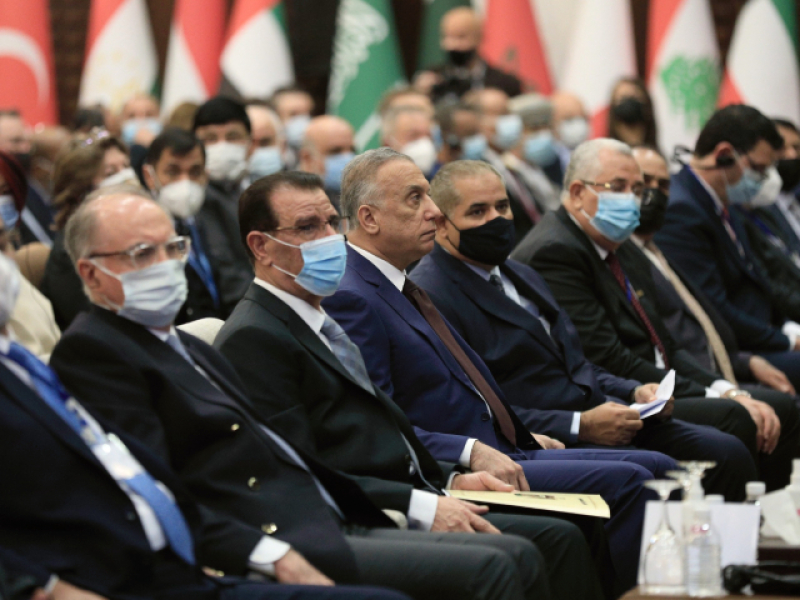
The U.S. consulate in Iraq's northern region was attacked by missiles from Iran.
On Sunday, Iran fired at least six missiles towards the U.S. consulate in Iraq's northern city of Irbil, some of which had hit the building and caused material damage, both Iraqi and U.S. security officials confirmed. One U.S. official said that the missiles were launched from Iran.
According to CBN News, one senior U.S. defense official who spoke on condition of anonymity as information was still coming in that there was no certainty yet as to how many missiles were fired exactly and where they had landed or if there were casualties. But earlier reports said that no one perished from the attack.
The Iraqi security officials also said that there were no immediate reports of casualties from the attack that happened just after midnight and caused some damage in the area. The Iraqi officials, who spoke on condition of anonymity due to regulations, said that the missiles were fired from Iran.
Soon, however, Iran confirmed that they were responsible for the attack on the U.S. consulate in north Iraq. Fox News reported that on Sunday, Iran claimed responsibility for the missiles that struck the U.S. consulate complex in Irbil, claiming that they sought to retaliate after an Israeli attack in Syria that killed two Revolutionary Guard members earlier last week.
Iran's Revolutionary Guard announced through its website that they attacked what they believe is an Israeli spy center in Irbil. While failing to elaborate, Iran's statement said that Israel had been on the offensive, killing two members of the Revolutionary Guard in a recent attack. Meanwhile, the semi-official Tasnim news agency reported on an unknown source who said that Iran fired "10 Fateh missiles, including several Fateh-110 missiles," which range is about 300 kilometers or 186 miles.
Moreover, the unnamed source said Iran's attack on Iraq caused multiple casualties and that the main target for the missles was actually the "Zionist base, which is far from the American military base." Conflicting reports also arose, as an Iraqi official in Baghdada initially said that several missiles landed on the U.S. consulate in Irbil, which they believed was the intended target of the attack.
However, Kurdistan's foreign media office head Lawk Ghafari later said that none of the missiles had struck the U.S. consulate but that the residential areas around it had been hit. Ghafari lamented on Twitter that there was a lack of reaction from the international community on the repeated attacks by Iran on Kurdistan, calling it a "great concern" and that this would encourage more attacks by Iran.
Satellite broadcast channel Kurdistan24, located near the U.S. consulate, aired footage of the studio shortly after the attack, showing debris and shattered glass. On Sunday, Iran's state-run IRNA news agency quoted Iraqi media reporting on the Irbil attacks without saying where the missilves had come from.
The attacks on Iraq come after negotiations in Vienna, Austria over the Iran nuclear deal have stalled due to Russia's demands on the sanctions they've incurred following its invasion of Ukraine. But a top U.S. commander for the Middle East has long warned about the increasing threat from Iran. In December, Marine Gen. Frank McKenzie told the Associated Press that U.S. forces in Iraq have shifted to a non-combat role. However, Iran still seeks the U.S. to exit from Iraq.



















